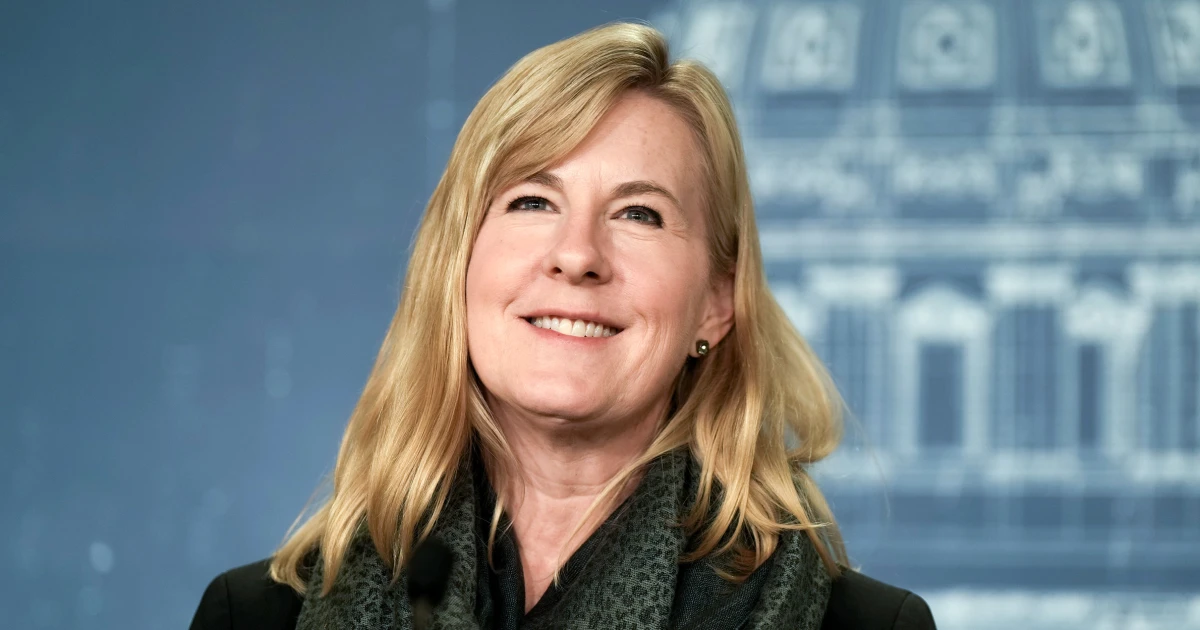By Pt Jyothi Datta
Copyright thehindubusinessline

Doctors owning clinical establishments have joined members of the Association of Healthcare Providers of India (AHPI) in raising the issue of cashless health insurance for patients, at any hospital they choose to visit.
Hospitals including large tertiary care hospital chains are facing distressed patients who are not supported by the cashless insurance facility by ‘Star Health Insurance’, the AHPI alleged, this time naming some of these hospitals.
Dr Abul Hasan, Chairman, Indian Medical Association Hospital Board told businessline, they are seeking common empanelment for all clinical establishments, “as patients should have the right to go to their preferred hospital.” Pricing has been a long-standing issue, he said, seeking treatment rates that factor-in medical inflation and are not benchmarked against rates under government healthcare schemes.
With 97,000 private clinical establishments taking care of about 75 per cent of the country’s healthcare needs, he said, the doctors came together with AHPI to address the cashless insurance issue in one voice. IMAHB ia a wing of IMA, comprising doctors who owned clinical establishments, he said.
Hospitals named
On Monday, the AHPI named hospitals where, it said, cashless insurance had been suspended – including Care Hospitals (Ramnagar, Vizag), Manipal Hospital (Delhi and Gurugram), Max Hospitals (North India), Metro Hospital (Faridabad), Medanta Hospital (Lucknow), Rajiv Gandhi Cancer Hospital (New Delhi), Sarvodaya Hospital (Faridabad) and Yatharth Hospitals.
Further, it alleged, “empanelment of several prominent hospitals has also been denied by Star Health.” These included Care Health city (Vizag), Care Hospital (Malakpet, Hyderabad), Fortis Hospital, (Manesar), Jupiter Hospital (Indore), Max Hospital (Dwarka), Medanta Hospital (Noida) etc.
A Star Health spokesperson told businessline that they have not had any communication from IMA. Late last week, Star Health and Allied Insurance Company said it had not received any case of cashless suspension from its network partners with whom it has bilateral agreements. They called AHPI threats of suspending cashless services as “arbitrary, lacking clarity or actionable details.”
Meanwhile, several meetings are, however, lined up over the next few days including one possibly with the insurance regulator, a healthcare sector source said.
Disruption over collaboration
The AHPI and IMAHB had met on Sunday, even as the General Insurance Council (GIC) came out in support of Star Health Insurance, calling the AHPI’s move threatening to suspend Star’s cashless insurance as “unilateral and unwarranted action”. AHPI had said that Star’s cashless service would be suspended from September 22, if it did not reinstate hospitals it had dropped from its network.
The Council had said over the weekend, it had scheduled a meeting with AHPI on September 2, to resolve concerns – but that stands rescheduled indefinitely, and AHPI proceeds with “unilateral action, signalling a preference for disruption over collaboration to improve customer service and protect patient interests.”
Dr Girdhar Gyani Director General AHPI and IMAHB’s Dr Hasan, meanwhile said on Monday, “Patients buy health insurance with the clear expectation of receiving cashless treatment at quality hospitals. It is unjust for insurers to withhold this facility after collecting premiums, leaving families to scramble for funds at the time of hospitalisation.”
Published on September 15, 2025



